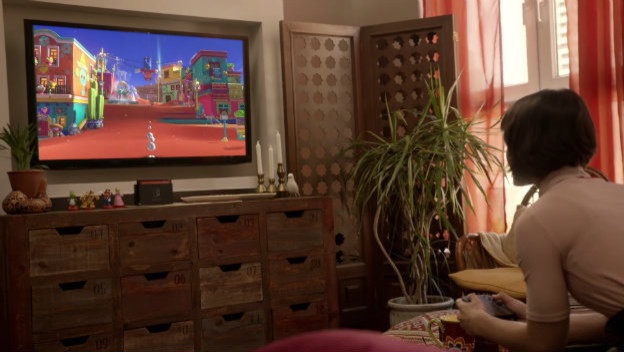One of the best things about physical copies of games is knowing you can share the experience. If you have a game you love and enjoy, you can take it with you to a friend’s, let them use it for a week or so, and both enjoy a wonderful experience. It’s something that you’d think would be lost as we move into a digital future. It not only shouldn’t be, but it doesn’t have to be. Even though some consoles and handhelds are still left in the past, there are indications from companies like Valve, Sony, and Microsoft that gaming sharing could have a place in the future. Which is important, because it’s a feature we shouldn’t lose.
Handhelds are the worst for game sharing. Let’s look at the PlayStation Vita first. You’re limited to one account per system. If you want to switch to a different one, it’s pretty much a complete wipe. It isn’t cool and makes digital game sharing impossible. The 3DS is even worse and more confusing, since games are tied to NNID and the system’s hardware-ID. Which is why someone who gets a new 3DS model has to still own the original when they do, because there needs to be a whole system transfer to allow you to preserve the game data and saves on the original system’s memory card and use them on the new one. Sony and Nintendo both offered us a nightmare situation when it came to their most recent handhelds’ account systems.
And, unfortunately, it’s an experience Nintendo hasn’t learned from. The Wii U has the same game sharing issue as the Nintendo 3DS. Despite being a console, one where you might reasonable expect to one day log into a second one, your Nintendo Network ID and its games are tied to one console. While we still aren’t sure how the Switch will work, early reports from Nintendo’s planning and development general manager, Shinya Takahashi, suggest that it would be impossible for someone to have two Switches and play a game downloaded and purchased on one on the other system. Not having a definite answer about being able to play your games across multiple consoles shows that game sharing Switch games could only be a dream.
I guess we could say the PlayStation 4 and Xbox One try? This is unintentional, of course. It isn’t as though Sony and Microsoft offer their Primary or Home Console with the idea of game sharing in mind. Though, it does allow people to essentially do that. A system with an account set as the Primary or Home one’s games will be available to everyone with an account on the system. That makes sharing possible, even if someone isn’t logged into that particular account.

But really, it’s only Steam that recognizes that people would like the ability to share games. The Family Library Sharing feature is the most revolutionary thing to come to digital gaming in the last few years. By designating up to five people, you can enjoy and share your games with people you live. there are restrictions, of course. Only one user at a time can access a library and play its games, but even this is made accommodating. When the account holder comes on, the person sharing will be alerted, then have an option to buy the game and keep playing or quit. Region restrictions can’t be undone. Also, if someone sharing your library is using your games to cheat or defraud people, you could lose the privilege and get VAC banned.
You’d think digital game sharing would be a common thing. This should be a concept companies should be embracing. Not just because we’re cheap and want free games, but because it makes sense in a world where things could go all digital and people who live and share systems with other people shouldn’t be forced to keep rebuying games. A family with more than one Switch should be able to buy one copy of a digital game, then have it available on both systems. If you have two PlayStation 4s, you shouldn’t have to worry about one being a Primary unit and the other not. Everyone should be more like Steam and offer people the freedom they want and need.
